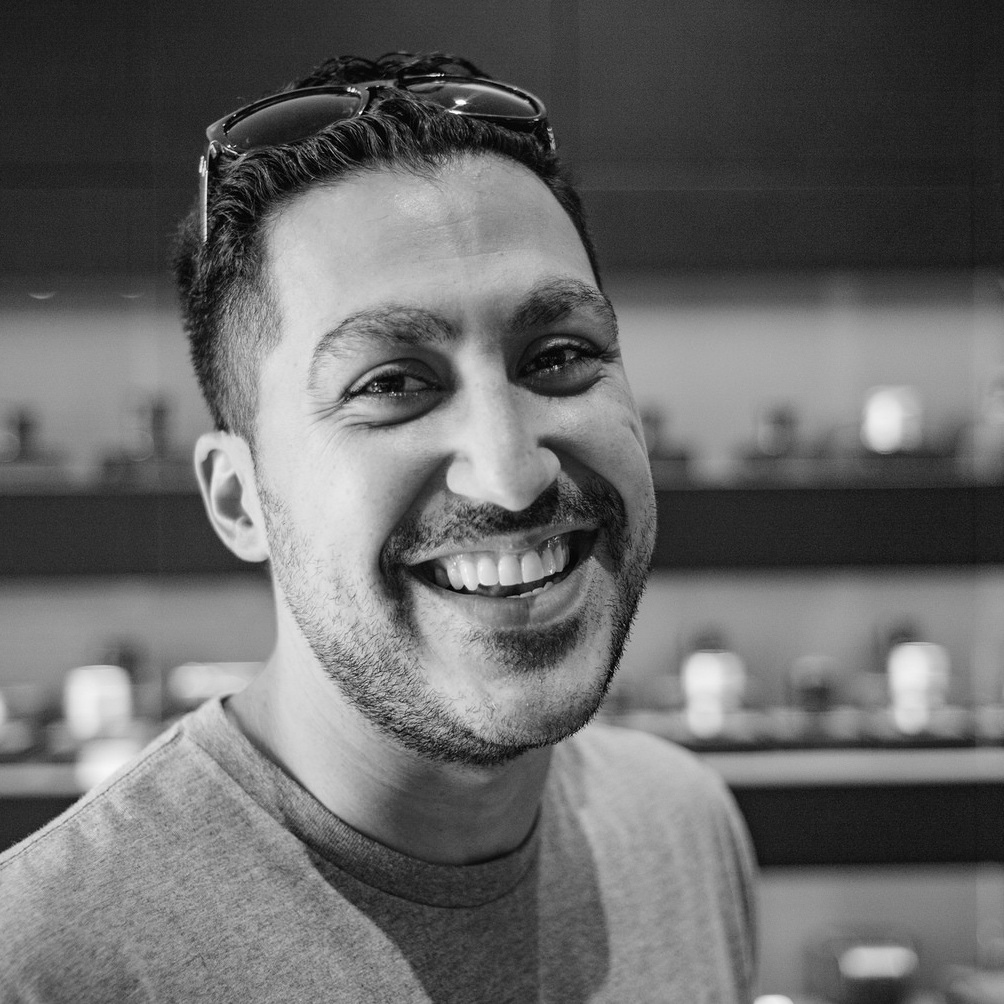Momentum
Startups move fast. They’re young, loud, and disruptive—a room full of excited twenty-somethings willing to burn the midnight oil to get a release out the door. Startups are enticing playgrounds with more Apple hardware and beer on tap than you can handle. When you’re tired, don’t go home. Stay. There’s still more work to be done, the Backlog says so. The blind lead the blind in this “up and to the left” landgrab.
“Speed comes from precision,” says Rob Robbins, an engineer at TaskRabbit and a seasoned musician. You don’t get fast by going faster, you get fast through precise repetition. With each iteration, you discover, then eliminate, imperfections that held you back. Though it’s said that “practice makes perfect,” not all practice yields the same results.
Psychologist K. Anders Ericsson has been a pioneer in the field of “deliberate practice.” “The differences between expert performers and normal adults reflect a life-long period of deliberate effort to improve performance in a specific domain,” Ericsson says. Going through the motions is not enough. In his book The Talent Code, Daniel Coyle says that to practice well is to “look at the task as a whole…divide it into its smallest possible chunks…[and then] play with time, slowing the action down, then speeding it up.”
When you practice something, you eliminate the frictions that impede you. Practice is an accelerant. And the better you practice the more you accelerate. Better practice can be achieved through “chunking,” like Coyle suggests. It can also be improved simply through focus—obviously, you’ll practice better when you’re not distracted.
But deliberate practice isn’t the only way to improve. You can also just practice more. I see this evidenced each week at General Assembly, where I teach front-end web development. Some students stay moderately but consistently focused for the duration of the 10-week course. And they match up with students that practice more intensely but spend less time overall. The highest performers practice both frequently and intensely. And perhaps unsurprisingly, physical objects obey the same rules.
To determine an object’s velocity, that is its speed in a given direction, we can
use the equation v = u + at, where u is its initial velocity, a is its
acceleration, and t is time. If you accelerate at 10 meters/second/second for
10 seconds, you’ll be moving at 100 meters/second. To double your speed, double
your acceleration, or double the time. But double both and velocity grows by a
factor of two.
But velocity is only part of the equation. You can vigorously work on a triviality for a lifetime only to be left with a triviality. To make a “dent in the universe” (Steve Jobs) requires work of substance, matters of importance and mass. Impact happens when velocity and substance meet.
In physical terms, impact is momentum, “the product of the mass and velocity
of an object.” Momentum, p, is calculated by multiplying mass, m,
by velocity, v (p = mv). A big idea with little action or execution doesn’t
have a significant impact. Similarly, considerable effort put towards a weak idea
also lacks impact. As Derek Sivers puts it, “ideas are just a
multiplier of execution.” And startups cluster at the fringes of this
spectrum, either working vigorously on trivial ideas or apathetically on big ones.
It’s hard to make big things move fast—that’s just inertia. After 10 years of classical piano, I’m able to play “Träumerei” or “Dreaming” by Robert Schumann.
This one page of music represents years of practice. It’s not where I started. Practice and time gave me velocity. And as my repertoire gained mass, I gained momentum as a pianist.
Now, I think to the future. Of course, I want my work to be meaningful. But dreaming of the impact my work may have is just inspiration. Their impact will come from years of practice. The things I work on today will collide into the things on work on tomorrow, and one day, years from now, I’ll have the velocity and mass to make a difference.
